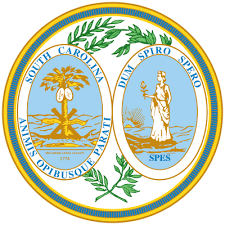South Carolina state workers soon will have to pay more out of their paychecks to cover their retirements.
S.C. taxpayers also will contribute more toward those workers’ pensions, starting July 1.
State employees will pay 9.16 percent of their paychecks, up from 8.66 percent, according to an increase approved Tuesday by the State Fiscal Accountability Authority.
The workers’ employers — including taxpayer-funded state agencies, school districts and local governments — also will have to pay more. Their rates will increase to 12.06 percent of a worker’s salary, up from 11.56 percent.
Lawmakers likely will put money in the state budget to pay for the employer part of the increase in the state’s next budget year, which starts July 1.
The state Legislature’s top two budget writers — state Senate leader Hugh Leatherman, R-Florence, and state Rep. Brian White, R-Anderson — both voted for the increase Tuesday. Gov. Nikki Haley also voted for the hike.
S.C. Treasurer Curtis Loftis and Comptroller General Richard Eckstrom voted against the increase. In a statement, Loftis said the increase alone will not fix the problem, which, he said, demands legislative action.
The state’s ailing S.C. Retirement System pays the pensions of workers at state agencies, teachers and local government workers.
The 1 percent increase in payments into the pension system — split between workers and their employers — would yield about $100 million, according to Pension Employment Benefit Authority.
Too little money going into the pension system has resulted in billions of unfunded liabilities. The pension system’s investments also have failed to make as much money as expected.
The pension system’s roughly $20 billion shortfall is the difference between the amount it has on hand to pay the pensions of state workers and the amount it has promised to pay current employees and retirees.
Lawmakers are expected to start addressing that gap when they return next month. They could make changes to state law to put more money in the retirement system from taxpayers or from the paychecks of government workers.


